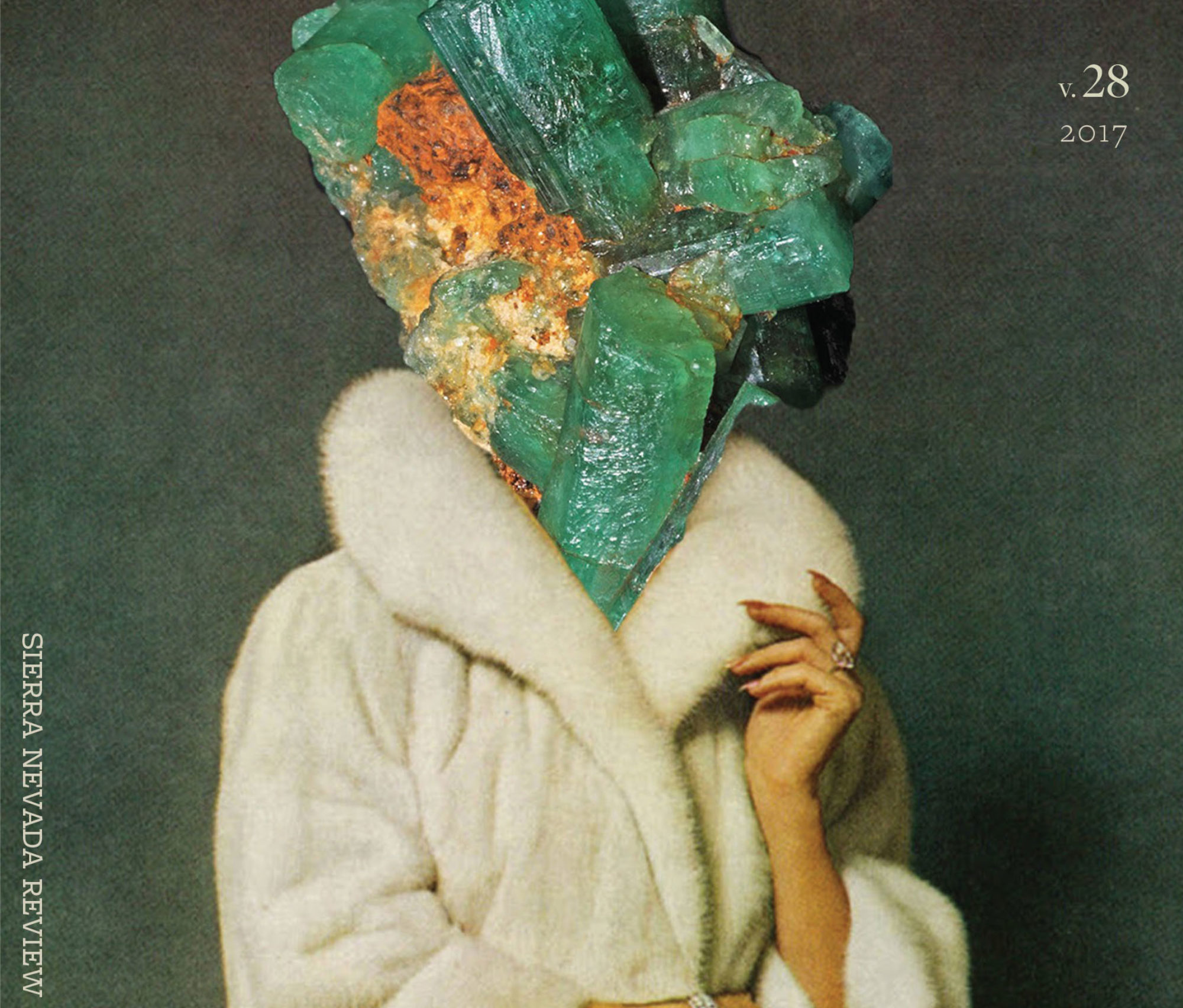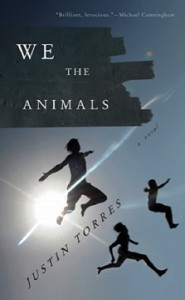Review by Chelsea Archer
Justin Torres
We the Animals
2012
Mariner Books
9780547844190
“Now a boy is of all wild beasts the most difficult to manage. For by now the more he has the foundation of prudence not yet fitting up, he becomes crafty and keen, and the most insolent of wild beasts. On this account it is necessary to bind him, as it were, with many chains” (Plato).
This quote opens a novel telling of wild youth, family dysfunction, brotherly bonds, and the unconditional love that persists in the most trying of settings. Justin Torres’ We the Animals is a slender yet heartrending debut novel that tracks the unnamed narrator and his two brothers through their less than perfect childhood.
Justin Torres molds this fictional world into a quasi-autobiographical tale written in first person plural, a less-well-used and complicated ploy that’s instantly noticeable (much like Jeffery Eugenides’ bestselling novel The Virgin Suicides). But through it all, the mesmerizing story of a boy reaching for manhood stands all on its own, pulling the reader toward absolution.
The “We” are three sons of an interracial couple, Ma and Paps. When the book begins, the narrator is nearly 7, and his two brothers only a few years older. They stick closely together, eating, playing, and fighting as a single unit. In these moments of connected “we” the brothers are revealed, “We wanted more. We knocked the butt ends of our forks against the table, tapped out spoons against our empty bowels; we were hungry. We wanted more volume, more riots.” At times this unity can make it difficult to distinguish each individual personality. However, the narrative does break into first person singular at seemingly random intervals throughout the novel and then entirely takes over the closing chapter. “I pressed my hand against the glass, suddenly embarrassed, needing the cold. That’s how it sometimes was with Ma; I needed to press myself against something cold and hard, or I’d get dizzy.” The reader now sees this character’s differences, the things that make him who he is. Though usually running wild with his brothers, the narrator is an intelligent, curious, and sensitive little boy.
The book is comprised of brief chapters progressing through a roughly chronological telling of the brother’s younger years. There’s a jagged edge to these chapters that are reminiscent of memory–fragmented, only focused on the brightest moment, the most painful instant captured for all to see while the mundane fades to bare awakening. These moments paint a disjointed image of personal growth, emotional development, and a new sexual understanding.
As the end fast approaches, and the narrative POV changes to first person singular, a sharp line is drawn between who the narrator was and who the narrator wishes to be. The diction and sentence structure play against each other, one simple while the other is complex, giving the last line a final knockout punch. “Everything easy between me and my brothers and my mother and my father was lost.”
We the Animals is an imperfect debut novel that grips the edges of your soul and refuses to let go, leaving a haunting final impression that is certainly worth the read.

